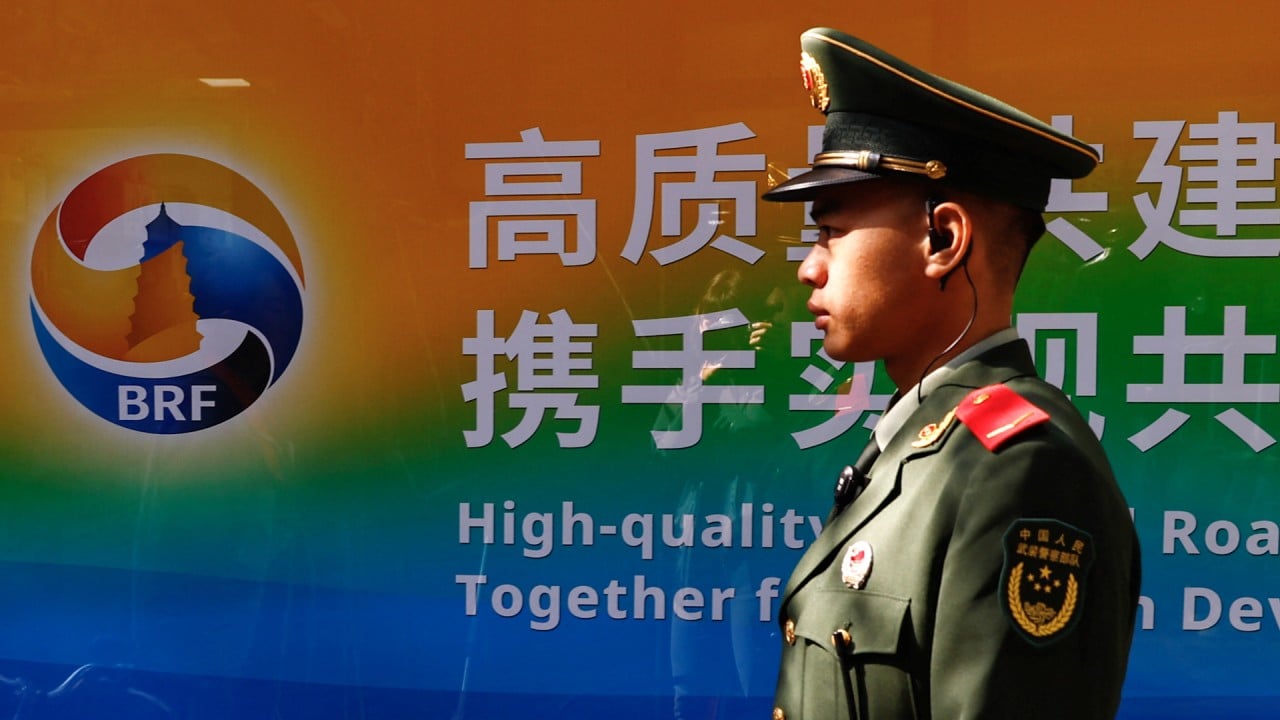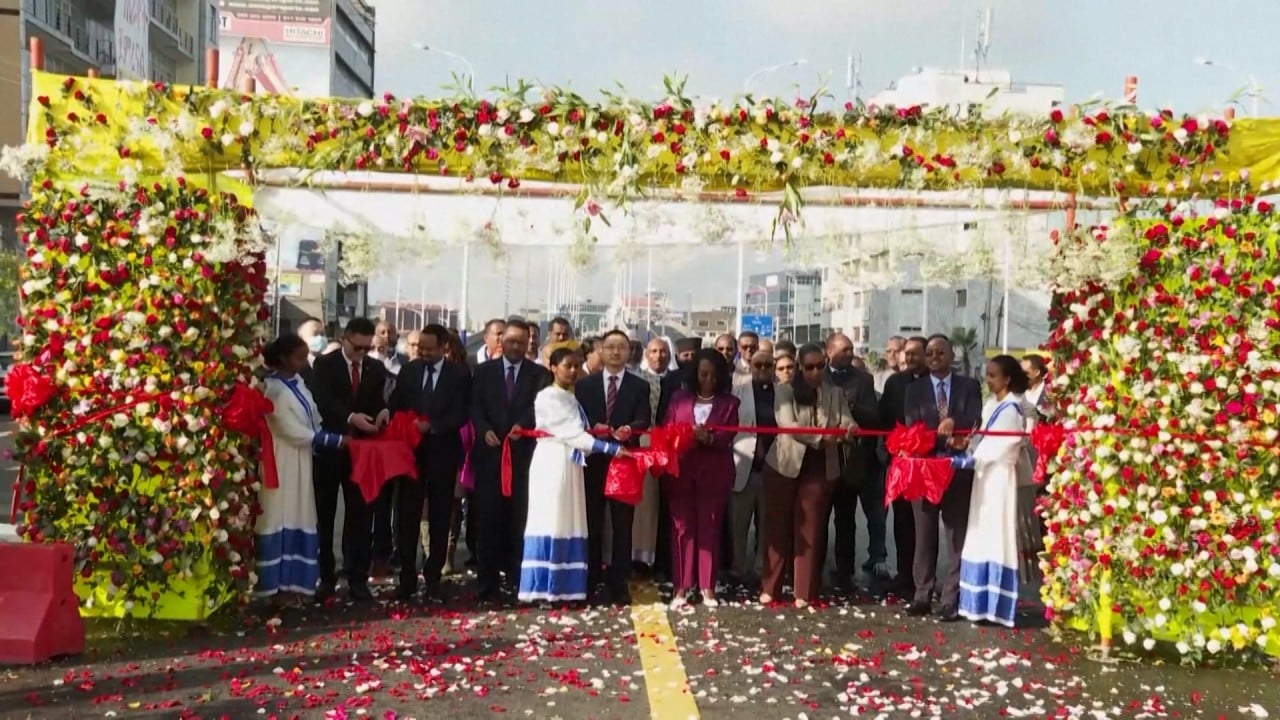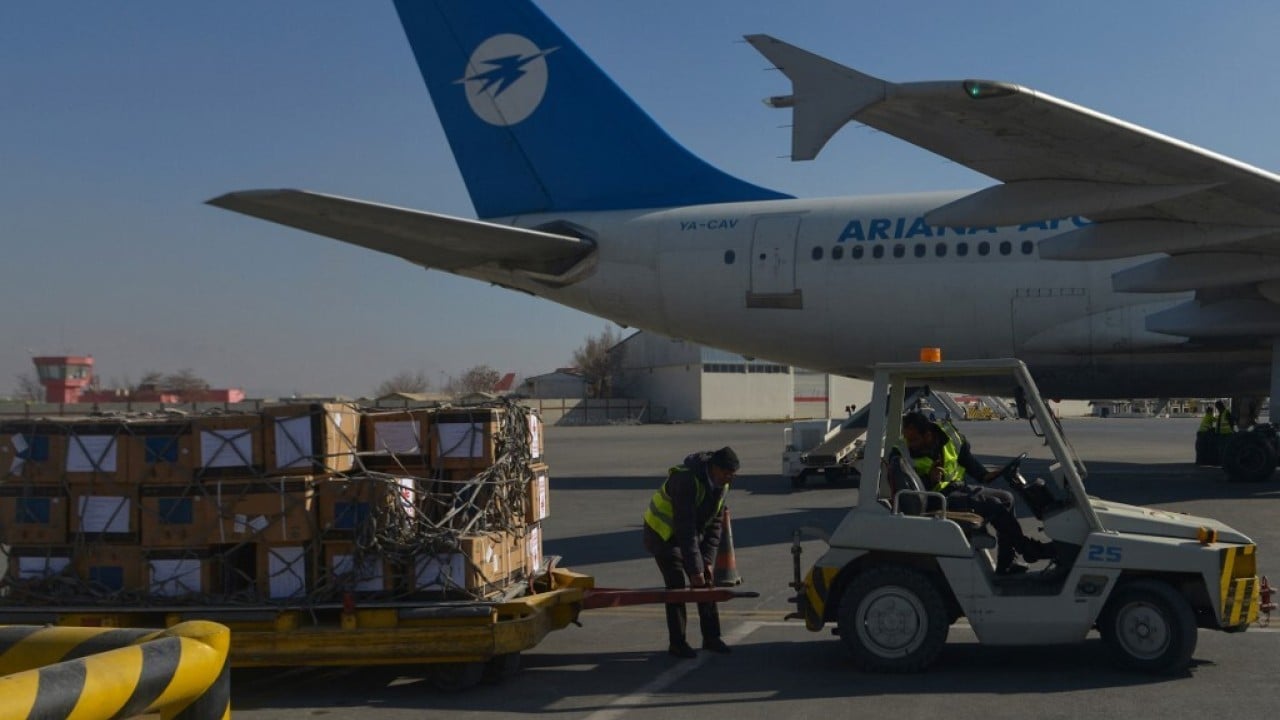
US should join China in building a better Global South, not hinder it
- Through the Belt and Road Initiative and trade, China is contributing to the development of the Global South, and winning hearts and minds as a result
- US efforts to counter and contain China’s influence, on the other hand, are anachronistic, misguided and the product of a Cold War mentality
The Biden administration’s campaign to undercut China’s influence has a historic parallel. To contain the Soviet Union after the second world war, the US left no stone unturned in its quest for influence, employing means ranging from diplomacy and economic help to psychological warfare and military power.
But China differs from the Soviet Union in some fundamental aspects.
Second, the Soviet Union was as interested in expanding its sphere of influence as the US and even supported its allies in proxy wars against America. In contrast, China’s engagement with other developing countries is concentrated in the economic and commercial fields.
Instead of military bases, China builds highways, railways, ports and schools to develop infrastructure, and nurtures trade and investment relationships. Consequently, it has become the largest trading partner for most developing countries, and the single largest foreign investor in many.
But it would be only fair – and right – for host countries and peoples, not Washington or any other Western capitals, to decide if China’s “influence” should be purged – the comfort of the shoes should be for the wearer to judge.
The Belt and Road Initiative, China’s signature project for economic engagement with other developing countries, is a good test of how China is received in the Global South.
The summit’s turnout and outcomes speak volumes about the popularity of the Belt and Road Initiative and, indeed, China’s economic and commercial engagement in general with other developing countries.
The Biden administration views China’s popularity in the Global South as a threat to its centuries-old grip on poor countries. But is it reasonable for one guest to ask another to leave against the will of the host?
China has won hearts and minds across the developing world through its genuine interest in working with host countries for growth and development, for the opportunities it brings, and the benefits it provides in infrastructure development, job creation, technology transfer and local training.
Washington’s campaign to counter China’s influence is divisive and destructive for the Global South. The Biden administration often tries to sow division, creating conflict and pitting one group against another. It also attempts to drive a wedge between China and other countries to frustrate their cooperation in fostering economic growth.
From time to time, the Biden administration also makes funding promises to poor countries. But its pledges often turn out to be little more than lip service. Decades of US domination over global economic affairs had left the state of infrastructure in poor countries languishing – until China entered the picture.
The West should work with China to build infrastructure – not against it
And, even when some of Washington’s funding promises are realised, host countries’ interests are likely to play second fiddle to the White House’s geopolitical objectives. As a result, Washington’s drive to counter China’s influence would, in effect, work to cancel out the potential benefits of China-related programmes and projects.
Washington would do well to explore cooperation with China if it desires to be a positive force for development. Unfortunately, Biden’s recent jibe at the Belt and Road Initiative suggests otherwise.
Zhou Xiaoming is a senior fellow at the Centre for China and Globalisation in Beijing and a former deputy representative of China’s Permanent Mission to the United Nations Office in Geneva




